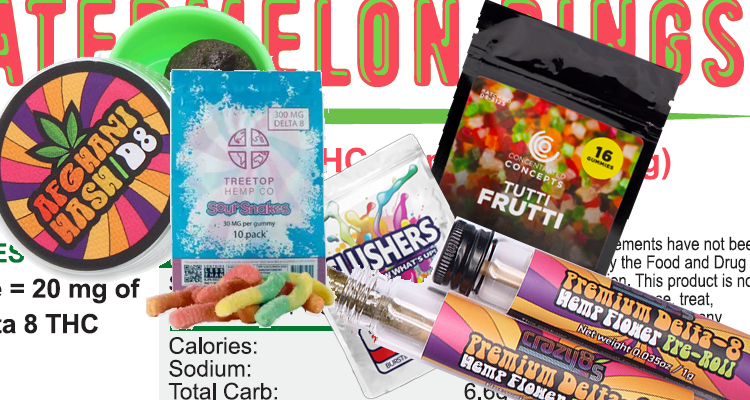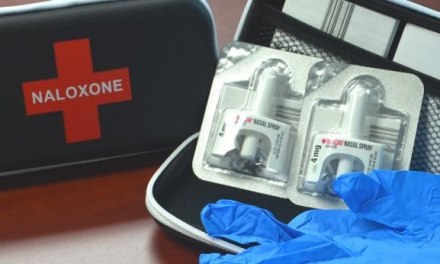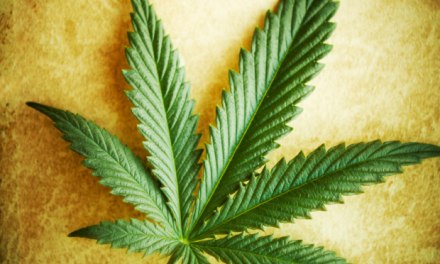This morning we’re back on the subject of D8, the hemp product and close relative of delta-9 THC that has become a popular way to get high wherever ordinary cannabis isn’t legal. Texas and South Carolina, for example. The FDA and various state legislatures have been busy trying to find a way to regulate the stuff for the past couple of years. Success has been mixed.
For a refresher on D8, try this earlier post:
The Washington Post have provided us with a refreshingly detailed look at the current situation, as reprinted in Yahoo News:
CBD, delta-8, THCA: Texas hemp shop raid highlights legal, safety issues
A quote: “Critics have long complained that companies are exploiting a loophole in the law to sell the intoxicating, unregulated and… possibly dangerous hemp products online and in vape shops, gas stations and convenience stores across the country.”
Indeed they have. Often displaying them prominently on the counter next to the cash register in convenience markets. The packaging, as you might imagine, is designed to attract a younger audience. Think chips, soft drinks, etc. that contain D8.
On a related topic, we all know that cannabidiol – otherwise known as CBD – is already widely available to the public, marketed as a pain remedy that doesn’t make the user high. What isn’t as widely known is that CBD itself can be used to create yet another chemical that is intoxicating.
As a result, cannabis entrepreneurs have begun to turn their attention towards hemp products and away from traditional cannabis. It’s just good business. The stuff is virtually unregulated, far more affordable to make and distribute, and quite profitable, especially where conservative legislators are unlikely to legalize marijuana anytime soon.
So what’s the downside? As you’d expect, the more popular D8 products become, the more adverse consequences are seen, for instance in Emergency Rooms. Accidental poisonings, for one. “Effects include hallucinations, vomiting, tremor, anxiety, dizziness, confusion and loss of consciousness,” the article explains. That will draw attention from the authorities, for sure.
We’ll see what happens next. In the meantime, we’re learning about the importance of THCA, found in cannabis flowers. The flower itself contains very small amounts of delta-9 THC, which is how it skates under the law. Nonetheless, if we heat it, perhaps in a vape pen, it essentially turns into marijuana. And that definitely does get the user high.
Best of all, it’s completely legal, claim the attorneys representing the entrepreneurs. At least for now.
I imagine they are beginning to get nervous, given all the unwelcome attention.













